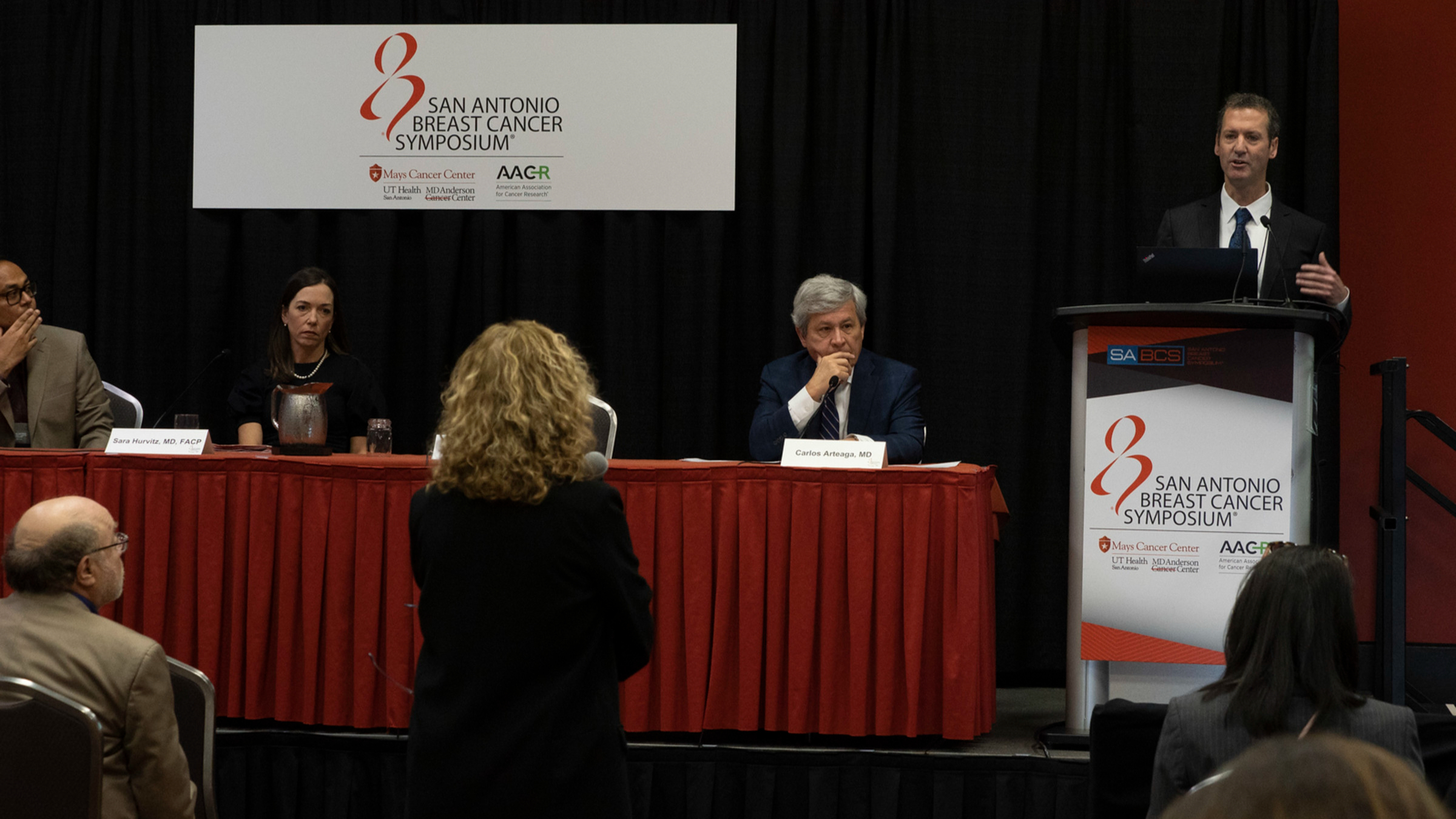
SABCS roundup: Novartis shows two-year PFS in breast cancer subgroups; AstraZeneca reveals more Enhertu data
The San Antonio Breast Cancer Symposium is taking place this week, and so far, some of the Big Pharmas are turning out new trial data about some of the biggest drugs in the space.
First off, Novartis announced that its drug, Kisqali, showed about a year of progression-free survival in patients with different types of first-line metastatic breast cancer. The CDK 4/6 drug was first approved by the FDA in 2017, setting it up in direct competition against Pfizer’s Ibrance.
Unlock this article instantly by becoming a free subscriber.
You’ll get access to free articles each month, plus you can customize what newsletters get delivered to your inbox each week, including breaking news.